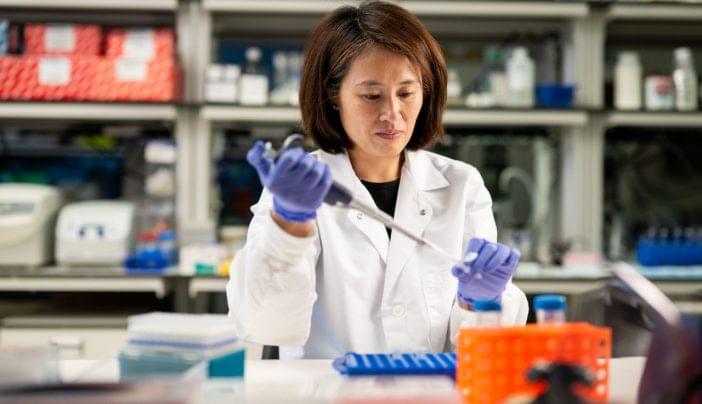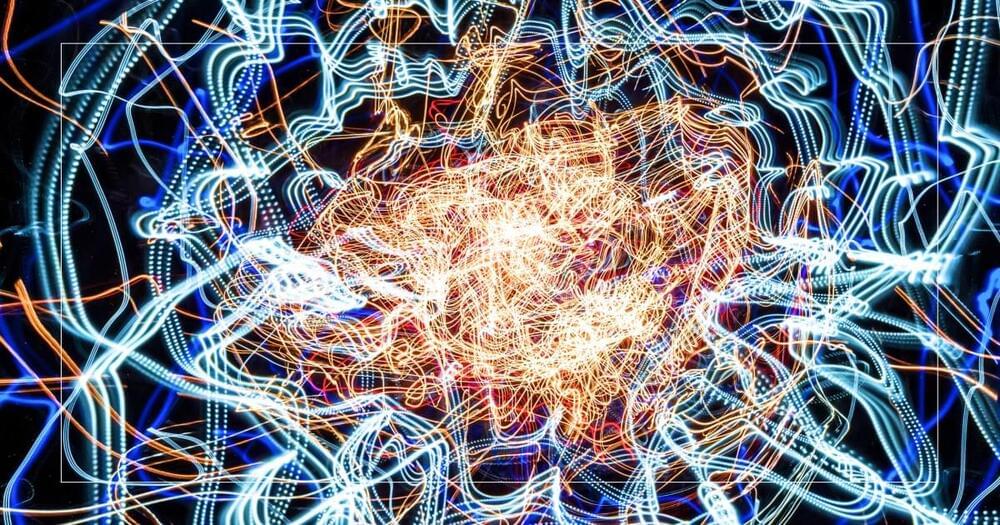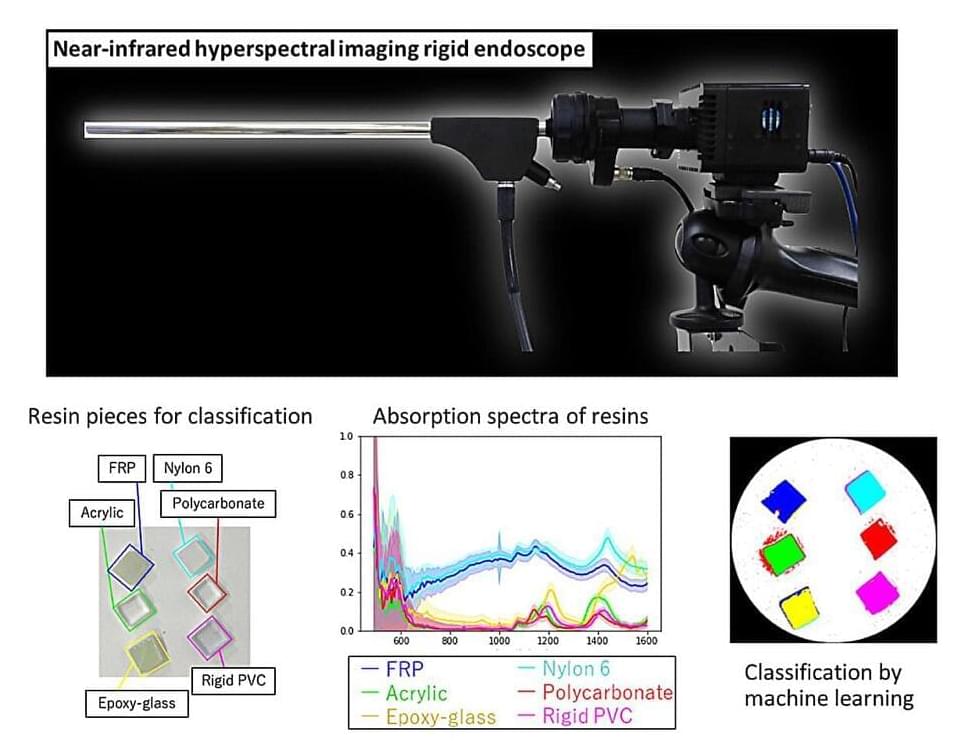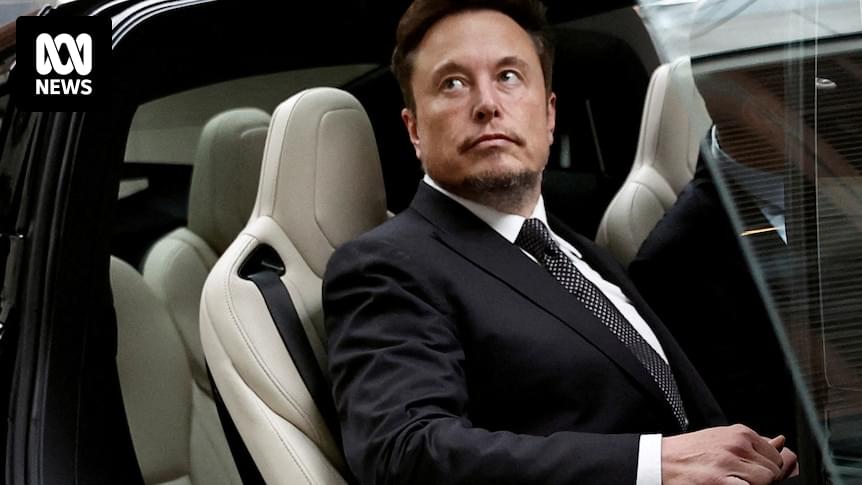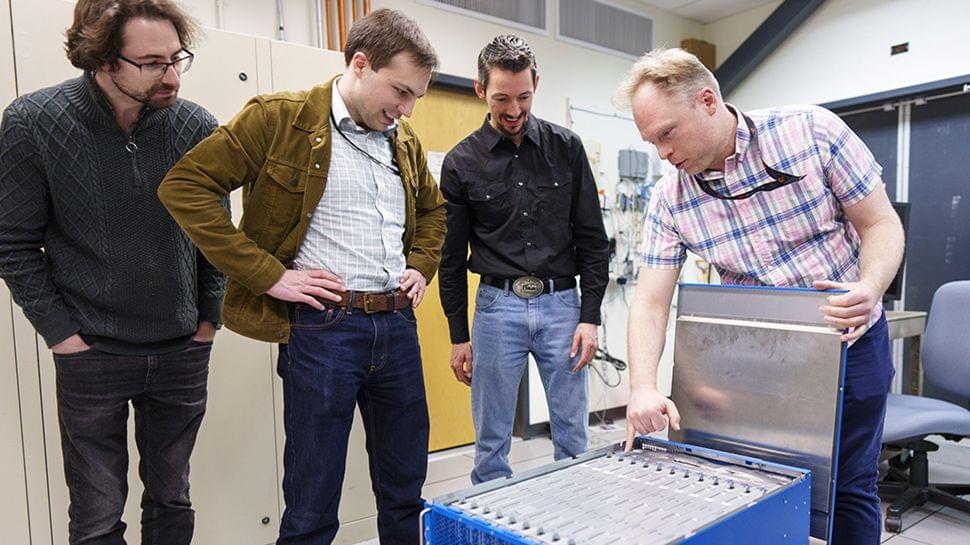Security researchers have uncovered a chilling global epidemic: an old malware that has been spreading uncontrollably for years. Despite its creators seemingly abandoning the project years ago, this insidious USB worm has lived on, potentially infecting millions of new machines around the world.
The worm, which first hit the scene in 2019 as a new variant of the infamous PlugX malware, had a devious trick up its sleeve. It could automatically copy itself onto any USB drive connected to an infected machine, allowing it to hitch a ride and infect new computers without any user interaction required.
But at some point, the hackers abandoned the malware’s command-and-control server, essentially cutting off their ability to oversee the infected machines. One might assume this would be the end of the line for the pesky worm, but that was not the case.

